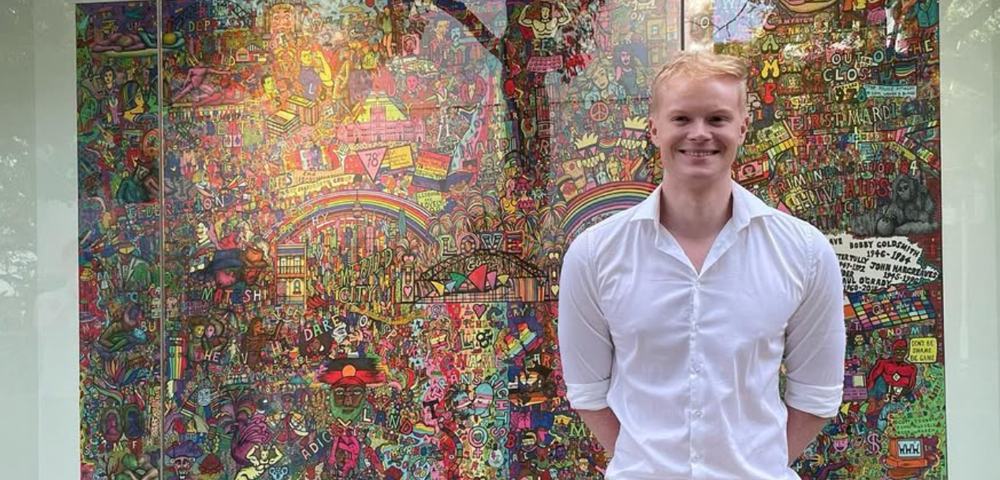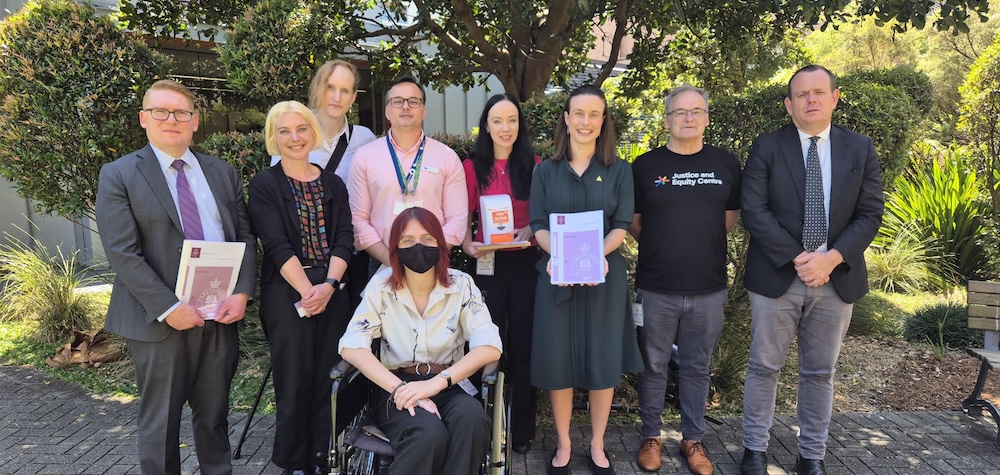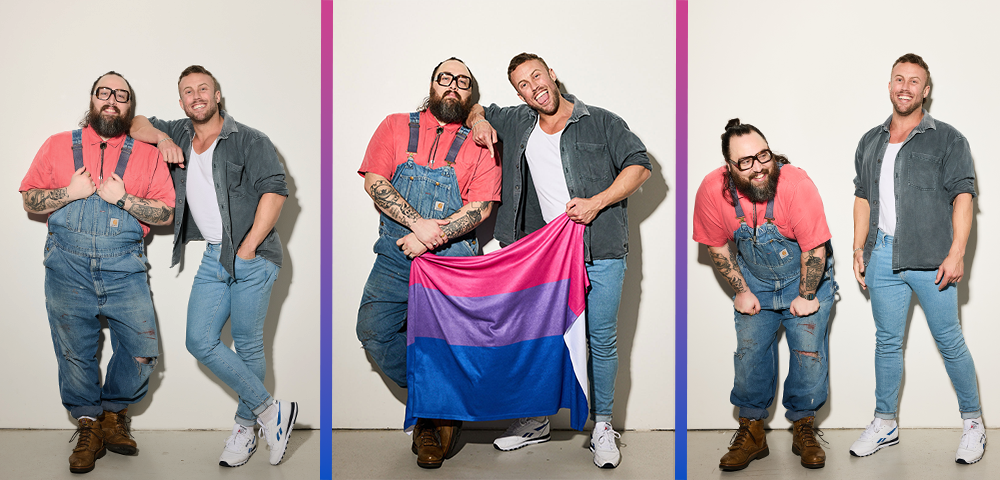
Minister for Mental Health and Ageing ‘conversation’
Around 70 people attended a ‘conversation’ on aged care with federal Mental Health and Ageing Minister Mark Butler and federal Health Minister Nicola Roxon in Melbourne on September 29.
I report some of the proceedings because they are relevant to our community.
Butler said the Productivity Commission aimed to free up supply of aged care, letting the market decide where demand was. It aims to change to a user-pays system, with separate charges for accommodation and care, only one of which is going to be capped.
As I see it, there are four major barriers to LGBTI aged care: policy, safety, financial and location.
Some of these interact, for example, at present policy does not allow for any/many LGBTI-specific residential or community care places, in locations preferred by us, with the guarantee of non-discriminatory treatment (thanks to the Equal Opportunity Act) of ourselves and our carers.
Butler stated that the average bond, at the moment, for moving into residential aged care is about $264,000, ranging up to $2.6 million. He said they wanted to move away from the bond system to fortnightly, or monthly, payments either using people’s homes in a reverse mortgage or possibly their superannuation.
This assumes you have a healthy amount of super or own your own home. Big assumptions, especially about lesbians.
Also, with housing values dropping, you have to beware of negative equity — cashing in on more than the home is worth.
When I raised the religious exemptions issue, arguing that our community does not have safe access to around 46 percent* of the almost 3000 Australian residential aged-care facilities, Butler’s immediate response was that he had heard that point in other consultations.
He gave no indication that he saw the need to address it. (As far as I can see, it is also unlikely to be addressed, at a federal level, with the consolidation of Anti-Discrimination Acts.)
Roxon, who was hosting the ‘conversation’ in her electorate, then stated that the religious exemptions only applied to people working in aged care, not to clients.
Even if this assertion were correct, it is debatable whether one would feel comfortable being a resident in an aged-care facility where the management was perfectly at liberty to exercise homophobic discrimination against staff.
*23 percent Catholic-owned in 2010, 6 percent by other religions, and 17 percent by ‘charitable not-for-profits’ (religious affiliations not specified).
By Barbary Clarke, convenor of the VGLRL’s Policy Working Group. She is doing a PhD on women and life-threatening illness.










Minister Butler certainly has previously heard the argument against maintaining exemption for ‘faith based’ care providers. I raised exactly this issue at the ‘Conversation with the Minister’ regarding age care at the Wesley Centre in Sydney. I received pretty much the same response.
I shall raise the issue again on Wednesday at a forum on GLBTI ageing which Mark Butler is attending.